Japan is a land full of weird possibilities, be it food or culture or crazy Japanese Etiquettes. But, some of these Etiquettes are so weird that you’ll be thankful you don’t have them in your country. Read ahead to find out what are these crazy Japanese Etiquettes!
Crazy Japanese Etiquettes that’ll you be thankful that you don’t have in your country!
1. When a customer or business partner is taking a leave.
You just can’t deny the level of respect and politeness the Japanese people have for their customers. They are expected to bow down with utmost respect as they consider their customers equivalent to God.
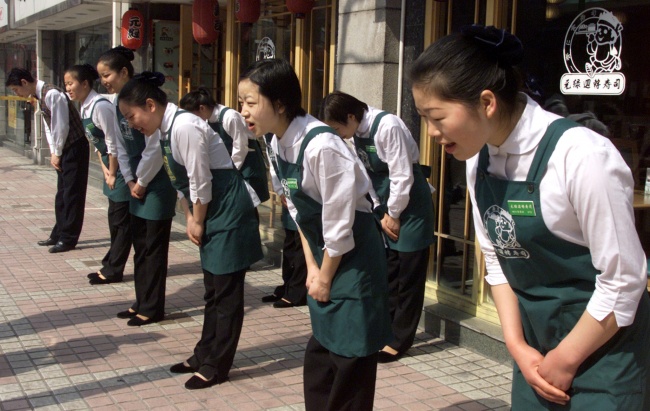
Yes, there is a very important rule if you’re the first person entering the elevator, you need to make sure everybody outside gets in properly and you are in charge of the control panel. You can only leave when others have left the elevator on their respective floors.
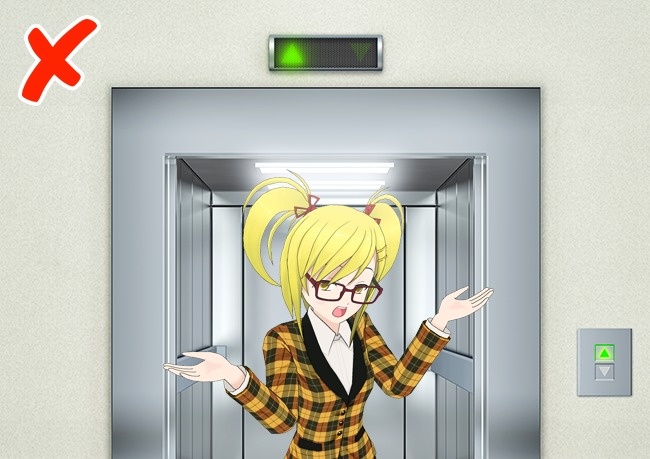
3. Different degrees of bowing down have different meanings.
The 15-degree bow is for people who are equal in your rank. The 30-degree bow is for your boss or teacher. The 45-degree bow is for people who are apologizing. The last one is known as the begging-for-your-life bow.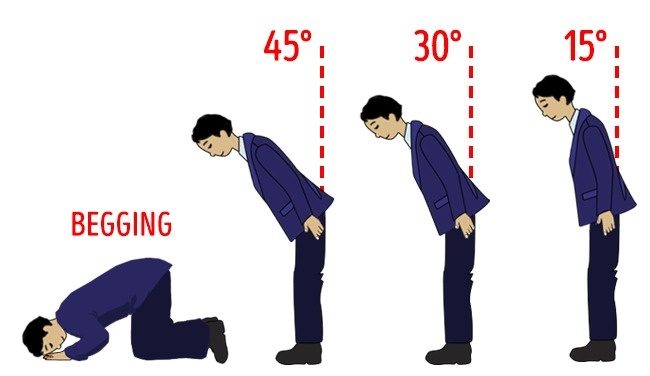
4. The art of exchanging gifts.
Exchanging gifts are a very important part of the Japanese culture and it is customary to give each other gift twice a year. But, the gifts given must be of regular use and effective for the other person.

5. Sitting etiquette.
The Japanese people have a strict rule for sitting on the floor, to fold their legs underneath their thighs is considered the perfect way to sit on the floor.
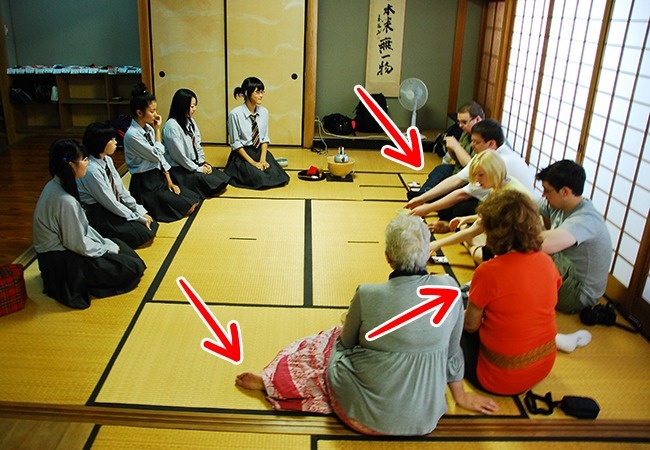
6. While handing over money.
Display of money in public is considered rude and hence you need to carry cash wrapped in envelopes while handing it over to the cashier.
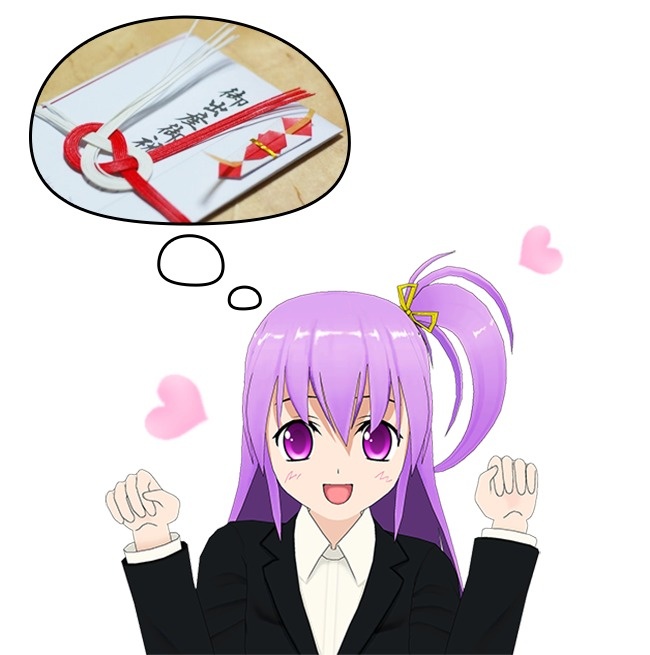
7. Alcohol connects people of different hierarchy.
It always comes down to alcohol where all differences among the rich and the poor come to an end. You can drink with your teacher and your supreme boss in the same bar and enjoy to your fullest.

8. Rules while getting a seat in the trains.
Disabled, pregnant, and old people have designated seats that you can’t occupy, it is also not customary to leave your seat for others.
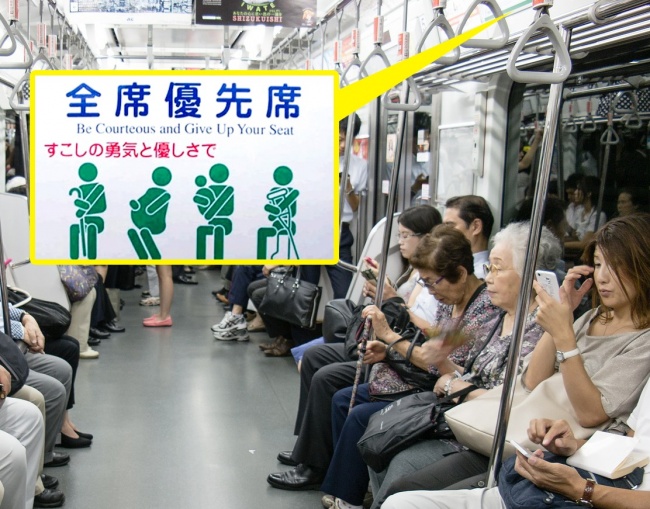
9. Addressing people according to their ranks.
Sensei is used to address your teachers and elders, Senpai is used to address your elder colleagues and schoolmates and Kohai is for children.
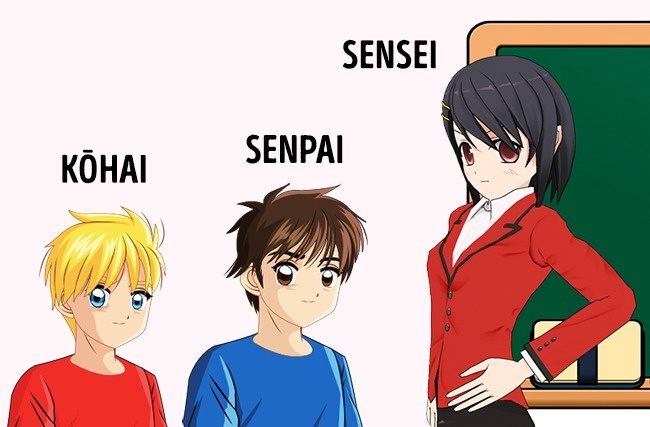
10. No touching is allowed.
It is considered rude to stare someone in their eyes let alone touch them.
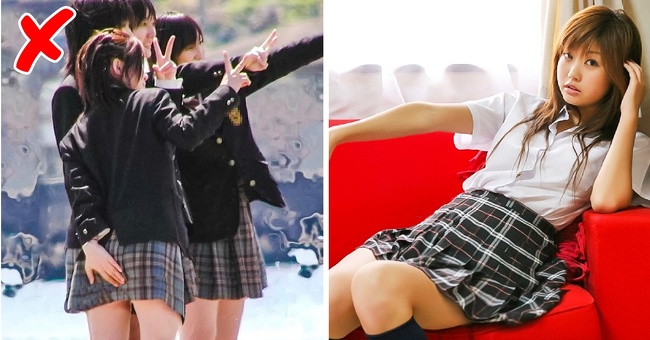
source
read also: New Philippines Law Makes Every Student To Plant A Tree
















